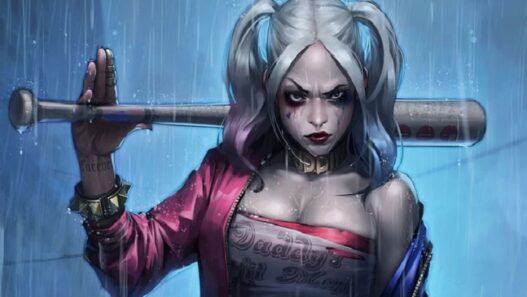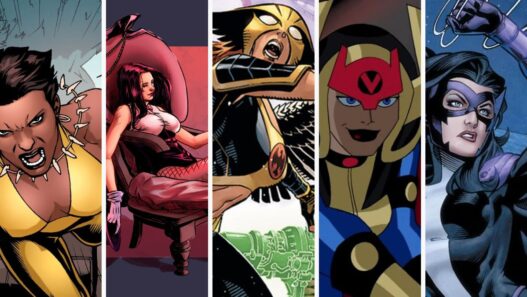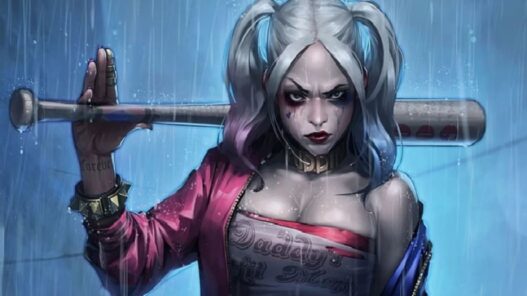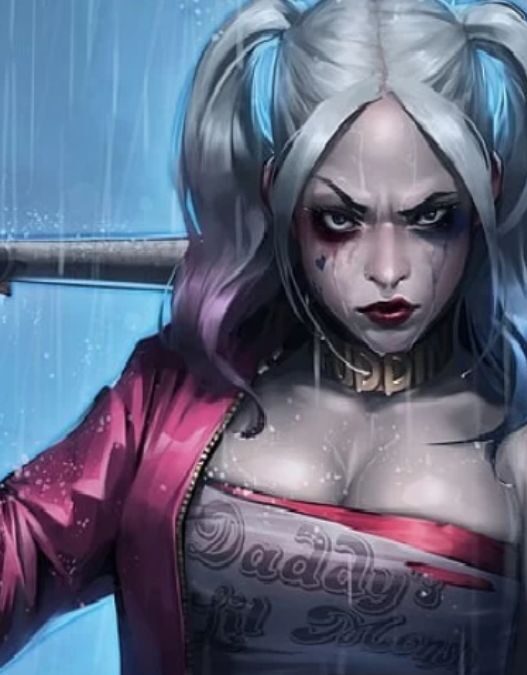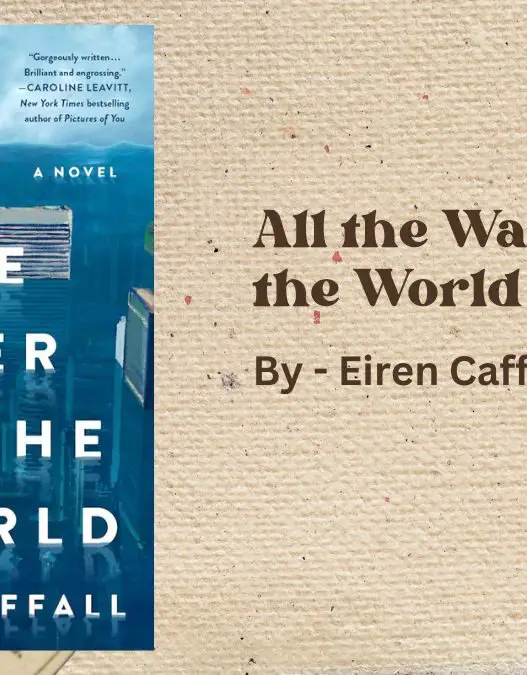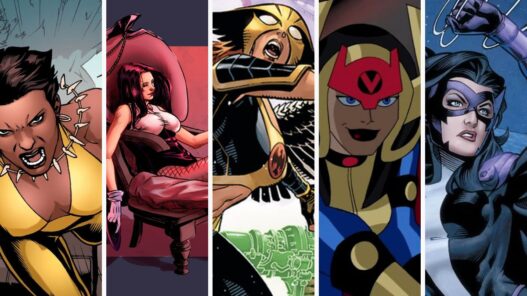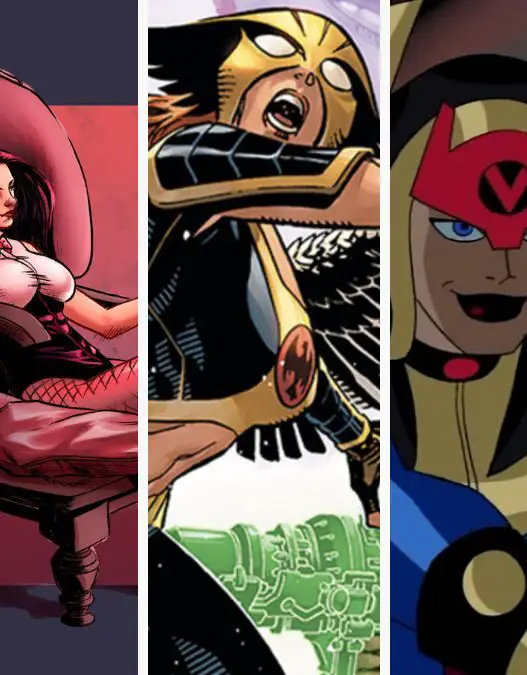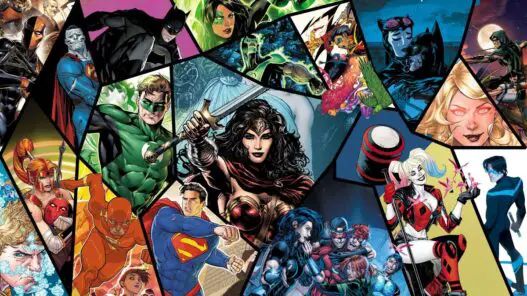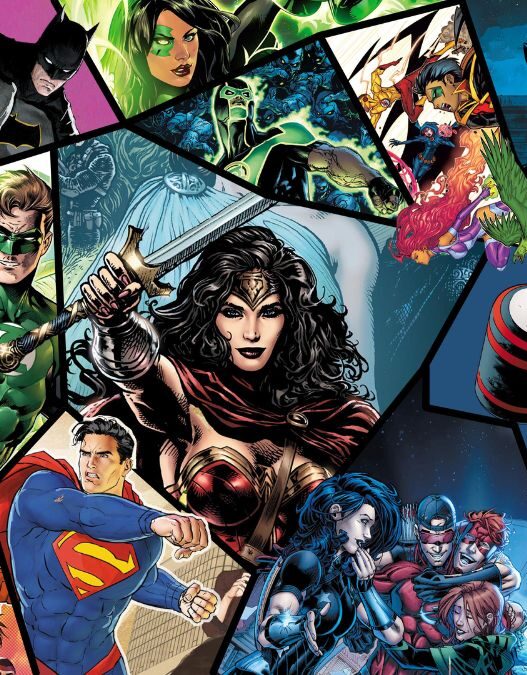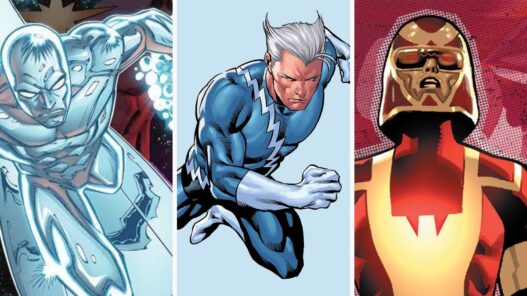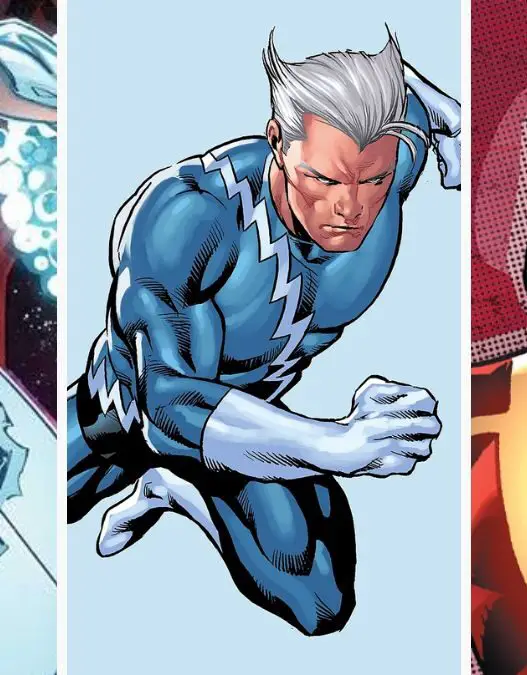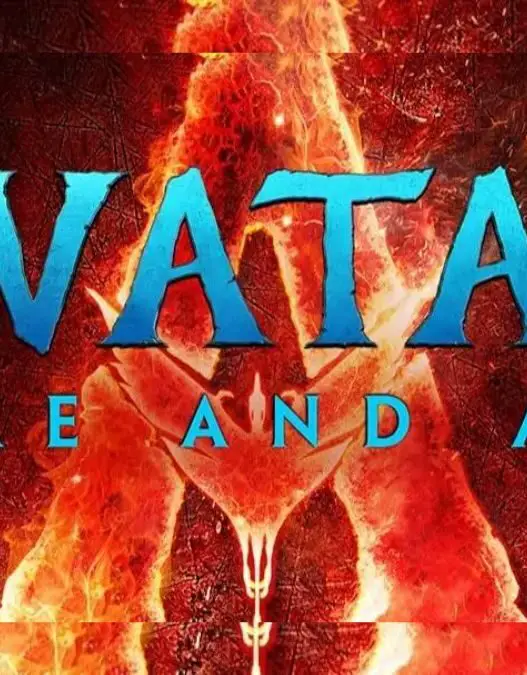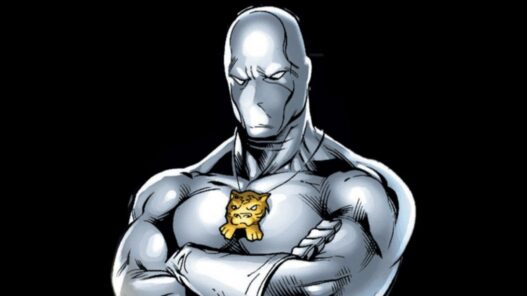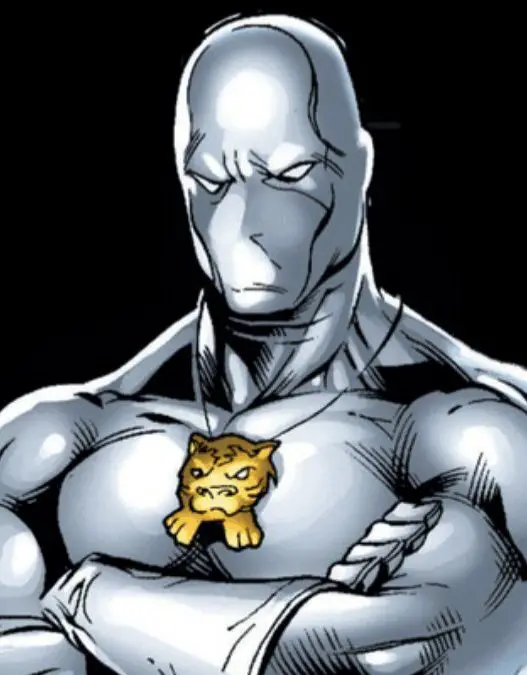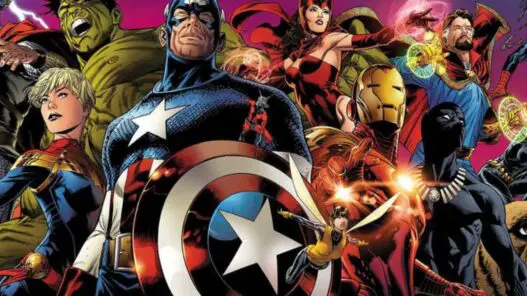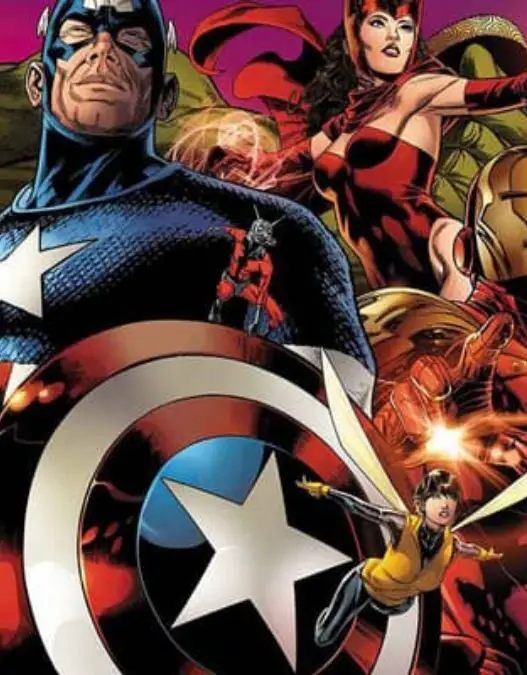Love, a universal theme often associated with heroes, takes on a complex hue when seen through the lens of anime’s most compelling villains. In a genre where antagonists are frequently portrayed as cold, calculating, or ruthlessly evil, the narrative takes an unexpected turn when these characters reveal a softer side—love. From maternal affection to romantic entanglements, from loyalties that transcend life and death to sacrifices that echo in the annals of anime history, love serves as the tragic, redeeming, and often heartbreaking undercurrent that seals the fate of these characters. It’s a powerful testament to the storytelling dexterity that anime offers, proving that even the darkest hearts have a soft corner, capable of love, sacrifice, and inevitable tragedy. So, here’s a list of “10 Anime Villains Who Died For Love “.
10 Anime Villains Who Died For Love
Ryōko Tamiya (“Parasyte -the maxim-“)
Tamiya from “Parasyte -the maxim-” is a paradigm-shattering character who defies the villain archetype. A parasitic alien, she begins her journey as a cold, calculating entity, with a mission to integrate into and eventually conquer humanity. However, her perspective takes an emotional pivot when she gives birth to a human child.
This maternal love changes her fundamental outlook, leading her to question her allegiance to her fellow Parasites. When faced with capture, she chooses to die at the hands of the police rather than fight back, just to protect her human son. In her final moments, Ryōko embodies a complex blend of villainy and love, challenging viewers to reassess the nature of good and evil in a world of blurred moralities.
Gilles de Rais (“Drifters”)
As a historical figure, Gilles is known for his brutal crimes, but in the realm of anime, he is also deeply connected to his love for Joan of Arc. This emotional bond transforms him into a figure capable of great evil, as well as immense love. He aligns himself with the Ends, a group motivated by various forms of deep-seated hatred, yet his motivation stems from his tragic love story. In a poignant finale, Gilles de Rais dies recalling his acts of evil were committed to follow Joan into Hell, a dark yet emotional journey fueled by love.
Itachi Uchiha (“Naruto” & “Naruto Shippuden”)
Labeled as a villain after massacring his own clan, Itachi is later revealed to be a tragic hero motivated by an unbreakable bond of love for his younger brother, Sasuke. His complex acts of villainy were conducted under orders to protect not just Sasuke, but also his village, from a potential coup d’état. Living a life of isolation and dishonor, his final moments come after an emotionally charged battle with Sasuke, whom he loves deeply.
By pushing Sasuke to grow stronger and then entrusting him with the truth, Itachi dies content, fulfilling his self-imposed duty. His story transcends conventional villainy, spotlighting how love can compel individuals to make devastating, irreversible decisions for what they believe is a greater good.
Hiro Shishigami (“Inuyashiki”)
Initially, after gaining a robotic body from a mysterious explosion, Hiro spirals into a terrifying killing spree, becoming the embodiment of a villain with superhuman abilities. However, a dramatic shift in his character occurs when he decides to use his powers to prevent a meteor from obliterating Earth. This change of heart is motivated by love for those who are dear to him, especially his mother and his girlfriend.
In an ultimate act of redemption, Hiro sacrifices himself by activating his self-destruct mechanism, saving countless lives. His tragic demise underscores the complex relationship between love and morality, illustrating how even someone who walks a dark path can find redemption through the transformative power of love.
Shinobu Sensui (“Yu Yu Hakusho”)
Shinobu Sensui from “Yu Yu Hakusho” stands as an enigmatic figure whose life is a labyrinth of moral complexities. Initially a Spirit Detective like the protagonist, Yusuke Urameshi, Sensui becomes disillusioned with the stark dichotomy of good and evil when he discovers the capacity for darkness within humanity and the light within demons. His complicated worldview propels him into a mission to judge humanity for its sins, setting him on a path of antagonism.
Yet, in his final moments after a brutal battle with Yusuke, Sensui’s complexities unfurl. His aim is revealed to not be the destruction of humanity, but rather to be killed by demons as atonement for humanity’s actions. Dying in the arms of Itsuki, the one person who loved him, Sensui’s demise is a blend of tragedy, redemption, and the enduring question of what love can justify.
Sōichirō Kuzuki & Caster (“Fate/Stay Night: Unlimited Blade Works”)
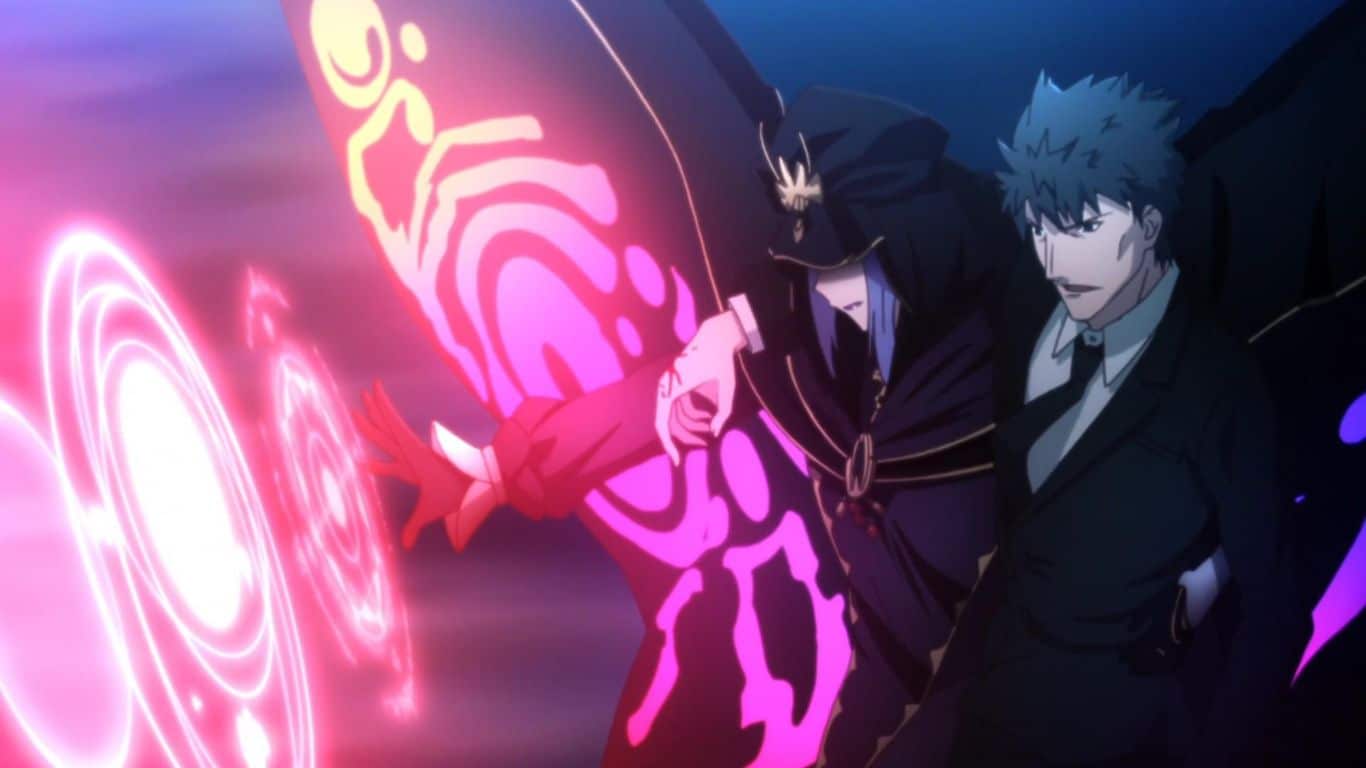
Sōichirō Kuzuki and Caster from “Fate/Stay Night: Unlimited Blade Works” form a master-servant duo that subverts the traditional villainous narrative through their entwined fates and undying love for each other. Both initially come across as ruthless antagonists in the deadly competition for the Holy Grail. Kuzuki is the stoic and detached master, while Caster is the cunning and manipulative servant. Their relationship seems utilitarian at first glance, yet it evolves into something far more tender and personal.
When the end nears, Caster sacrifices her life to save Kuzuki, revealing an undercurrent of genuine love beneath their alliance. Kuzuki, despite having the option to retreat, chooses to continue fighting in a final, impossible stand. This act of love on both their parts adds layers of depth to their characters. In a story teeming with heroes and antiheroes, their love story stands out as a heartbreaking saga that compels viewers to question the true nature of villainy and sacrifice.
Meruem (“Hunter x Hunter”)
A creature born to rule, he initially views humans merely as a food source. However, his chance encounter with Komugi, a blind girl who is a Gungi (a board game) champion, triggers a transformation that is both compelling and tragic. Despite his initial disdain for her apparent weakness, he becomes fascinated by her intellect and spirit. As they play games and share conversations, Meruem learns humility, compassion, and the complexities of human emotions, including love.
When he discovers that he has been poisoned, his final wish is to spend his remaining time playing Gungi with Komugi. They die together, reinforcing the transformative power of love. Meruem’s story is a soul-stirring depiction of how even the most fearsome and powerful beings can be changed through the simple, yet profound, experience of genuine connection and love.
Obito Uchiha (“Naruto Shippuden”)
Obito Uchiha from “Naruto Shippuden” is a character whose journey takes him from the role of a hero to a villain, and finally, back to a form of heroism, all driven by love. Initially believed to have died young during a mission, Obito survives and becomes the masked man behind numerous tragedies, including the Fourth Shinobi World War. Obito’s actions are heavily influenced by his love for Rin, a fellow ninja who dies tragically. This love, twisted by loss and despair, initially fuels his dark path. He seeks to create a world free of pain and suffering, even if that means annihilating the current one.
However, as the story progresses, Obito’s perspective changes, largely due to his interactions with Naruto Uzumaki and a reckoning with his own past. In his final moments, love redeems him as he sacrifices himself to save his former friend, Kakashi, thereby helping to turn the tide of the war. His final meeting with Rin in the afterlife serves as the culmination of a life shaped, destroyed, and ultimately redeemed by love, making him one of the most complex and compelling characters in the anime.
Haku (“Naruto”)
Unlike many other villains, Haku’s actions are not motivated by ambition, greed, or a lust for power. Instead, his entire existence revolves around his love and devotion for Zabuza, who gave him a purpose when he was abandoned and ostracized for his Kekkei Genkai, a genetic ninja ability. Haku’s emotional complexity is revealed through his interactions with Naruto, who helps him question the morality of his blind loyalty.
When the end comes for Haku, it is in the form of a self-sacrifice. He uses his body as a human shield to protect Zabuza from Kakashi’s Chidori, willingly giving his life for the man he loves and views as his only reason for living. Even in death, Haku’s love for Zabuza affects the latter profoundly, triggering a redemptive arc for Zabuza as well. Haku’s story is a poignant reminder of the lengths to which love can drive a person, even leading them down a path of villainy, only to redeem them in the most tragic yet beautiful manner.
Rem (“Death Note”)
Rem, the Shinigami in “Death Note,” is a fascinating example of how love and compassion can deeply influence even beings considered villainous or monstrous. Rem comes into the story as the Shinigami who gives Misa Amane her Death Note, thereby empowering her to commit killings and become the second Kira. Given her involvement in these dark deeds, Rem can be considered one of the series’ antagonists.
However, Rem’s motivations are far from simple malevolence. She develops a genuine affection for Misa and becomes increasingly concerned about her well-being. When L, the brilliant detective, comes dangerously close to exposing Misa as the second Kira, Rem takes a drastic step. She writes L’s name in her Death Note, effectively killing him and diverting suspicion away from Misa.
This act of love and sacrifice is doubly impactful because it contradicts the nature and rules of Shinigamis. According to their laws, a Shinigami must not interfere in human affairs to the extent that it extends a human’s life, and doing so would cost the Shinigami their own life. Rem knowingly takes this risk and pays the ultimate price to protect Misa, disintegrating into nothingness moments later.
Also Read: Top 10 Live Action Adaptations of Anime

